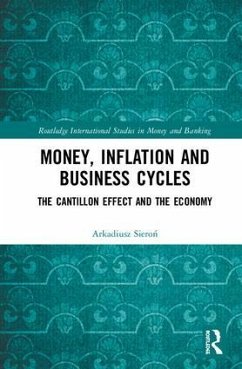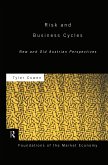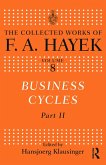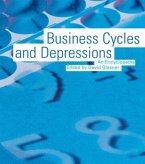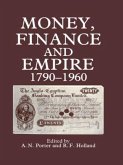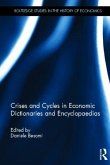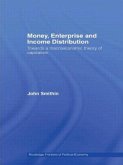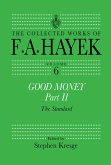Who would disagree that money matters? Economists have yet to sufficiently explore issues related to monetary inflation in relation to the Cantillon effect, i.e. distribution and price effects resulting from uneven changes in the money supply and their impact on the economy. This book fills this important gap in the existing literature. The author classifies the various channels through which new money can be injected into the economy and demonstrates that it is not only the increase in money supply that is important, but also the way in which it occurs. Since the increase in money supply does not affect the cash balance of all economic entities in the same proportion and at the same time - new money is introduced into the economy through specific channels - a distribution of income and changes in the structure of relative prices and production occur. The study of money supply growth, carried out in the spirit of Richard Cantillon, offers an important analytical framework that facilitates the development of a number of sub-disciplines within economics and provides a better understanding of many economic processes. It significantly explores the theory of money and inflation, the business cycle and price bubbles, but also the theory of banking and central banking, income distribution, income and wealth inequalities, and the theory of public choice. This book is therefore an important voice in the fundamental debate on the role of monetary factors in the economy, as well as on the effects and legitimacy of a loose monetary policy. In 2017, the doctoral dissertation on which the book is based was awarded the Polish Prime Minister's prize. In these times of non-standard monetary policy and rising income inequalities in OECD countries, the focus on the distribution effect of monetary inflation makes this a must read for researchers and policy-makers and for anyone working in monetary economics. This title was translated from Polish by Martin Turnau.
Hinweis: Dieser Artikel kann nur an eine deutsche Lieferadresse ausgeliefert werden.
Hinweis: Dieser Artikel kann nur an eine deutsche Lieferadresse ausgeliefert werden.

